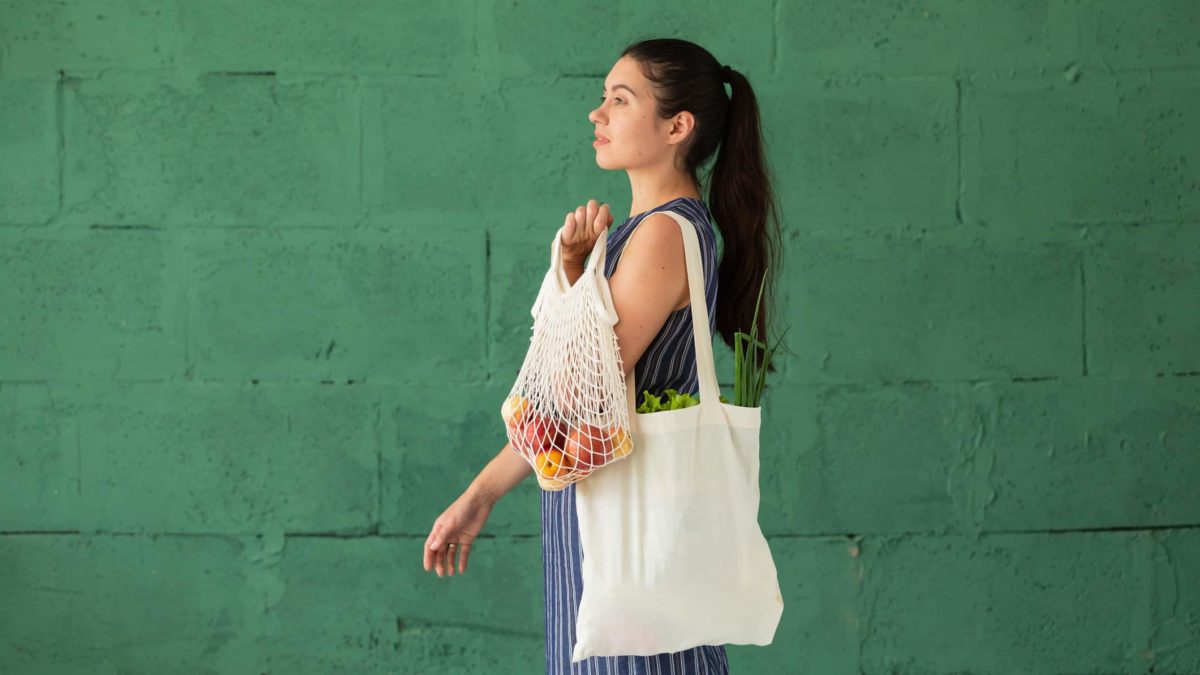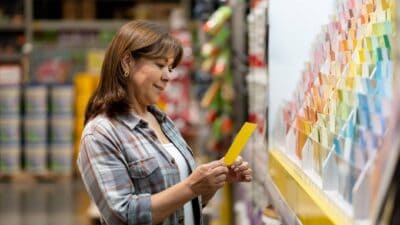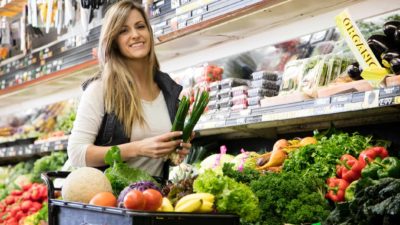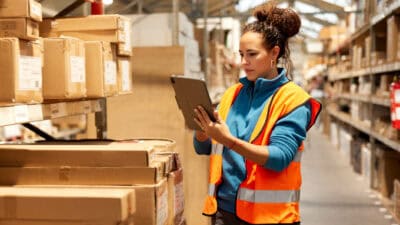It's often not the first sector that comes to mind when assessing the impacts of a changing climate, but ASX 200 retail shares bear plenty of brunt when it comes to weather-related disasters.
Just take recent floods in South Australia, New South Wales, and Queensland for example.
Woolworths Group Ltd (ASX: WOW) blamed the floods for supply chain disruptions and certain disappointing customer metrics over the third quarter. Meanwhile, Coles Group Ltd (ASX: COL) reported the events wiped $30 billion from its bottom line.
On top of that, a huge chunk of Australians are concerned about climate change. The ABC's Vote Compass has found climate change is the most important issue for 29% of voters in this year's federal election.
And reflecting customer concerns is important for retailers' business. Research by Ipsos in 2021 revealed 70% of customers chose to buy from brands they felt reflected their personal values.
So, what are the major ASX 200 retail shares doing to tackle climate change? Let's take a look.
ASX 200 retail majors stepping up for climate
Wesfarmers Ltd (ASX: WES) is stepping up to the plate when it comes to climate change. The major conglomerate – which many Australians will know for its key retail businesses, Bunnings, Kmart, and Officeworks – has notable renewable energy goals.
The company lowered its scope one and two emissions by 9% last financial year. It's also working to run all its retail business on renewables by 2025.
That goal is shared by supermarket giant Woolworths. The ASX 200 retail major currently uses around 1% of Australia's electricity. Perhaps unsurprisingly, energy use is the biggest contributor to its carbon emissions.
It's aiming to be carbon positive – removing more carbon from the atmosphere than it emits – by 2050 at the latest.
Coles' goals differ slightly. It's targeting 100% renewable energy by the financial year 2025 and plans to hit net zero by 2050.
Also by FY25, the ASX 200 retail giant expects to have diverted 85% of its solid food waste from landfill. For context, it diverted 80.6% of its solid waste from landfill last financial year.
Woolworths is one step ahead, aiming to redistribute all food waste from its operations away from landfill by 2025.
Wesfarmers is also working to recycle more of its raw materials through its circular economy strategy while Woolworths is working with suppliers to ensure its own brand products are created sustainably and sold in sustainable packaging.
Coles operates REDcycle, letting Australians recycle soft plastics in store. The recycling program was put in place in 2011.
Finally, Wesfarmers and Woolworths have both issued sustainability-linked bonds.
The former is also looking at the possibility of powering the production facility of its chemicals, energy, and fertiliser business – the group's largest emitter – using green hydrogen.









